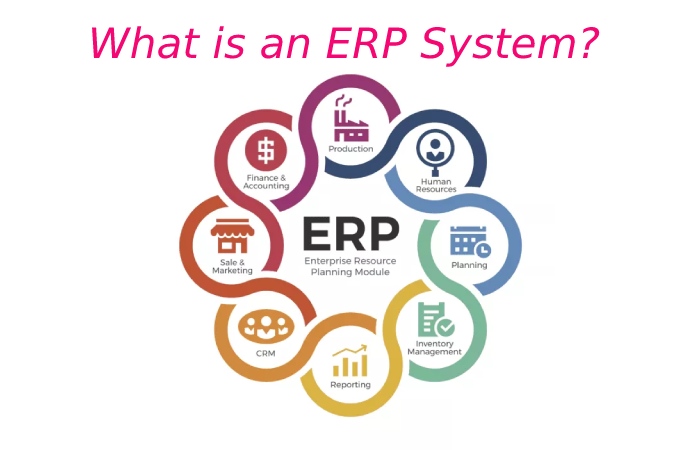System For Your Start-up – Starting a new commerce can be a thrilling yet daunting experience. There are many factors to think and decisions to make that will impact the success of the venture. One of the most important decisions a new business owner will make is choosing an enterprise resource planning (ERP) system.
In fact, choosing an ERP system comes with many considerations based on each business’ specific use case. While there are many differences in how a business may benefit from an ERP system, there are common features every buyer should keep in mind when investigating the options.
What is an ERP System?

An ERP system is a critical tool for managing a business’s operations, including inventory, accounting, and supply chain management. Choosing the right ERP system can help a start-up streamline its operations, improve efficiency, and drive growth. However, selecting the wrong system can lead to costly mistakes and inefficiencies.
Further complicating the choice is that what’s right for one business might be altogether wrong for another.
So, what are the key factors to consider when choosing an ERP system for your start-up?
- Scalability: One of the primary advantages of using an ERP system is its ability to grow and adapt to a business. As a start-up, it’s important to choose an ERP system that can scale as the business grows and changes. This will ensure that the system can support the company’s needs as it expands and evolves.
- Functionality: Another important factor to consider is the functionality of the ERP system. The system should be able to support the specific needs and processes of the business. For example, if the start-up operates in a heavily regulated industry, the ERP system should have strong compliance capabilities. If the business relies heavily on inventory management, the system should have robust inventory tracking and forecasting features.
- Integration: An ERP system should be able to seamlessly integrate with other software and systems that the business uses. This will ensure that data can be easily shared and accessed across different departments and teams. This can improve collaboration and decision-making, as well as reduce the risk of errors and duplications.
- User-friendliness: It’s important to decide on an ERP system that is simple to use and understand. A system that is difficult to navigate or has a steep learning curve can lead to frustration and inefficiency. This is particularly important for start-ups, as they often have limited resources and may not have the time or budget for extensive training.
- Cost: Of course, cost is a major consideration for any start-up. ERP systems can vary widely in terms of pricing and cost structures. It’s important to carefully evaluate the costs associated with different systems and compare them to the potential benefits they will provide. It may be tempting to decide the cheapest option, but this could end up being a false economy if the system doesn’t meet the company’s needs or lacks important features.
- Support and maintenance: Finally, consider the level of support and maintenance provided by the ERP system vendor. This can be particularly important for start-ups, as they may not have in-house IT expertise or the resources to handle complex technical issues. A vendor that provides robust support and maintenance services can be a valuable partner for a growing business.
The process of choosing an ERP system is a crucial decision for any start-up. It’s important to carefully evaluate the scalability, functionality, integration, user-friendliness, cost, and support and maintenance offered by different systems before making a decision. By considering these key factors, a start-up can select an ERP system that will support its growth and success.


